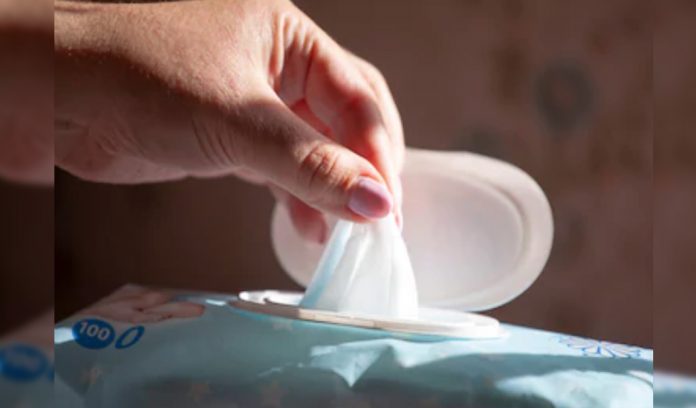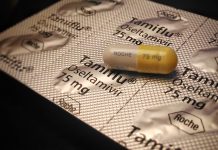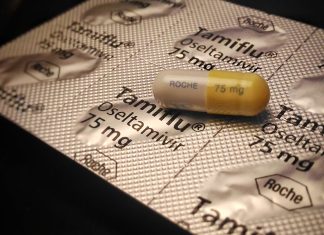
Disinfecting wipes are so overly common in the country that even my friend uses them to clean and disinfect her pet Persian cat. Here in the Philippines, they are packaged in a plastic upright container or in a sachet – very convenient when you’re traveling or always on the go.
But did you know that disinfecting wipes are considered “pesticides” by the U.S. Environmental Protection Agency (EPA)?
Mythbusters – What are IN your Disinfecting Wipes?
Are you one of those using disinfecting wipes for almost any imaginable reason, like removing germs from your kitty or wiping the soiled bottom of your baby when you’re traveling to the next town? They certainly can do a lot of supposedly disinfecting any surface – but do you know that you might be introducing something potentially dangerous to your health when you use them?
As I mentioned earlier, the EPA actually considers and regulates disinfecting wipes – locally known as “baby wipes” here because we use them on – gasp! – babies’ bottoms to remove any goo and other germs on your babies, as pesticides. Because pesticides are used to kill pests and other germs that are spreading all over your kitchen, living room, bathroom and other surfaces that need cleaning.
What most people are not aware of is most of these disinfecting wipes contain toxic “quaternary ammonium compounds”. Called “quats”, these compounds can sometimes irritate your eyes, lungs, and skin, as well as cause asthma and allergies. They possess compounds with names like “Alkyl C12-14”, “Alkyl C12-18”, or “n-Alkyl dimethyl benzyl ammonium chloride”; if you see these compounds on the ingredients’ list of your disinfecting wipes, then better shift to a different brand. Quats are also linked to reproductive problems. These ingredients show up in our disinfectants and cleaners, like lotions, shampoos, nasal sprays, eye drops, lozenges, mouthwash, toothpaste, and household cleaners to hamper mitochondrial function and estrogen signaling.
Some of the wipes also have cancer-causing “orthophenylphenol”. Premoistened wipes also bring chemicals like parabens and formaldehyde releasers in your package to stop bacteria from growing on surfaces. Some wipes also contain chlorine bleach which is also linked to asthma.
The biggest risk here is these compounds pose a risk to children who are more susceptible to pesticide dangers. Their smaller size and still developing organs are highly exposed to these dangerous chemicals. In fact, some of my health practitioner friends tell me that traditionally, it is good to be exposed to some limited bacteria in order to boost people’s immunity against them. Excessive disinfecting can give rise to the development of superbugs.
Keeping your home & office clean without using dangerous chemicals
There is no extensive study that says disinfectants are much better than the usual soap-and-water approach from staving off germs and other bacteria from your environment – and on yourself. In fact, some experts have recommended not to use wipes unless somebody’s infected bodily fluids are on your home and kitchen surface.
Or you might want to try other cleaning or disinfecting agents that use safer active ingredients, such as lactic acid, caprylic acid, hydrogen peroxide, citric acid, etc.
A much safer way of disinfecting your house or office is to use essential oils in a spray bottle. Tea tree, peppermint, thyme oil, and lemon essential oils are great as cleansers and disinfectants, as well as add a pleasantly aromatic fragrance to surfaces.
Moreover, people have to learn and be reminded that when you disinfect a surface, say like your kitchen or toilet surfaces, that you still need to “wash them” with soap and water to make sure that all the bacteria and other pathogens die and are eliminated.
Don’t hesitate to do the right thing. Remember, it’s not just your health but your family’s and coworkers’ health which are at stake.
So, do you agree on the dangers of several disinfectants? Share your opinions in the comments below.
Copyright 2024, DoctorFarrah.com











